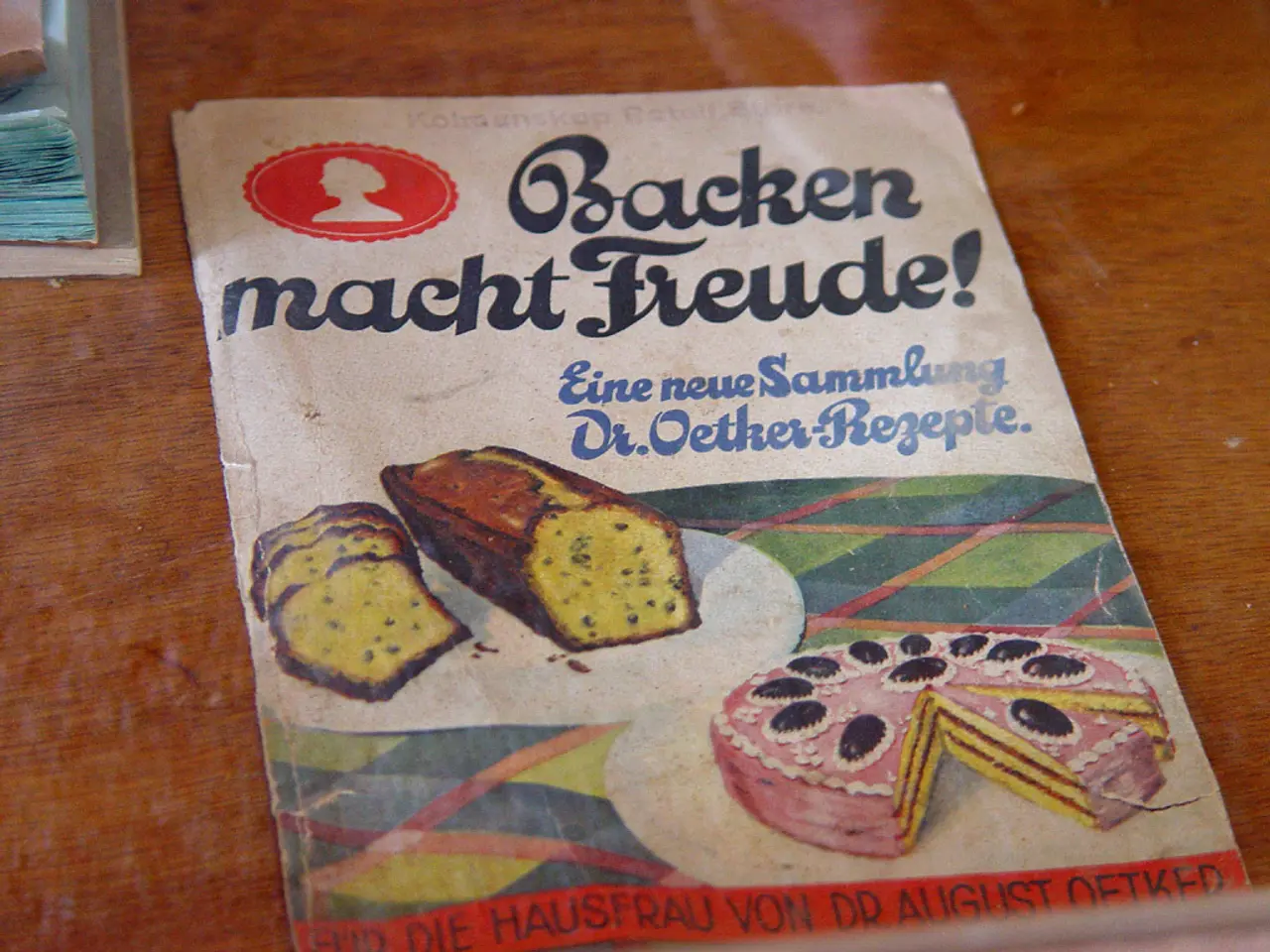Insufficient Number of Administrators Hindering Self-Management in Russian Corporations: Exploration of the Struggle for Decentralized Administration
In the world of business management, a new concept known as "teal organizations" is gaining attention. Proposed by Frederic Laloux, these organizations emphasize self-organization, distributed authority, and an evolutionary purpose, aiming to move beyond traditional hierarchical corporate structures. While the application of teal organizations in Russia is still in its infancy, we can explore the challenges and potential for success based on available information about the Russian business landscape.
### **Challenges in Russia**
The implementation of teal organizations in Russia faces several challenges. One of the most significant obstacles is the deeply ingrained Russian business culture, which is characterized by centralized authority, strong leadership, and hierarchical decision-making. This traditional norm contrasts sharply with the distributed authority and self-management principles of teal organizations, requiring a significant cultural shift within both management and the workforce.
Moreover, Russia's regulatory and legal environment can be rigid, potentially hampering the flexibility required for self-managing teams and decentralized decision-making. Ongoing international sanctions on Russia, including restrictions on major financial institutions, have increased economic and business isolation, limiting exposure to innovative Western management concepts and reducing opportunities for collaboration or benchmarking with Western companies practicing teal principles.
Another challenge is the scarcity of published evidence or case studies reflecting successful teal organizational models within Russian companies, suggesting that adoption is limited or experimental.
### **Potential Successes**
Despite the challenges, there is hope for teal organizations in Russia. Some technology startups or knowledge-based companies might experiment with elements of teal management, particularly those with younger, globally connected leadership teams. However, these would likely be exceptions rather than the norm.
Russian companies with strong international ties may adopt certain flexible or participatory management practices, but full teal transformation faces significant cultural and structural hurdles.
### **Western Companies’ Approach Compared to Russian Businesses**
Western companies, particularly in technology, consulting, and knowledge-intensive sectors, have actively experimented with teal practices. Examples include Zappos, Buurtzorg, and Haier, which have implemented self-managed teams, decentralized authority, and a focus on evolutionary purpose. Western business ecosystems often provide training, consulting, and academic support for organizational transformation, making it easier for companies to access resources for transitioning to teal models.
In contrast, Russian businesses are more likely to retain traditional top-down management structures, with decision-making concentrated at the executive level. This contrasts with the distributed leadership model of teal organizations. Due to sanctions and geopolitical tensions, Russian businesses may have less interaction with Western management trends, slowing the diffusion of teal practices.
In conclusion, while Western companies have made notable strides in adopting and adapting teal organizational principles, Russian businesses face substantial cultural, institutional, and geopolitical barriers to similar transformations. The lack of documented successes in Russia suggests that, for now, teal organizations remain largely a Western phenomenon, with limited traction in the Russian corporate landscape. Any future progress would likely require not only internal leadership commitment but also a broader cultural and institutional shift within Russian society.
Psychodynamic and systemic coaching, as well as processes developed at Harvard such as "Immunity to Change" and "Acting with Power," are potentially useful tools in building a teal company in Russia. However, it is crucial to understand typical organizational polarities in a teal company, such as how to balance personal and collective, structure and freedom, business interests and employee interests. Conflict normalization and procedures for their resolution must also be addressed in a teal company.
In the end, the journey towards teal organizations in Russia is a complex one, requiring patience, perseverance, and a willingness to embrace change. The potential benefits—increased employee engagement, faster decision-making, and a more innovative corporate culture—make it a journey worth pursuing.
Businesses in Russia face challenges when implementing teal organizations, due to the country's deeply ingrained business culture, rigid regulations, and inadequate published evidence of successful teal models. On the other hand, Western companies, particularly those in technology, consulting, and knowledge-intensive sectors, have made notable strides in adopting and adapting teal principles.
To successfully transition to teal organizations in Russia, Russian businesses may need to address cultural, institutional, and geopolitical barriers, employing psychodynamic and systemic coaching, and understanding organizational polarities, conflict normalization, and resolution procedures.




